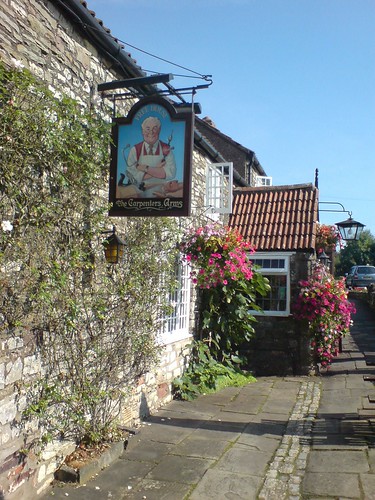P.C. Bartrum: Scholar of Welsh genealogy - Obituaries, News - The Independent©independent.co.uk
Although he had no family connection with Wales, and was in some respects the quintessential Englishman, P.C. Bartrum devoted his immense scholarly skills to the study of Welsh genealogy, in which he was the foremost expert.
Peter Clement Bartrum was born in Hampstead, London, in 1907 and educated at Clifton College and the Queen's College, Oxford. Most of his career was spent as a meteorologist in the Colonial Service in Bermuda and West Africa, but during his spare time he learned to read Welsh, the better to understand medieval manuscripts in which the descent of prominent families is set out. The authors of most of these important works were heraldic bards who were employed by noble families to research their histories. One such was Gutun Owain, who in 1491 traced the ancestry of Owain Tudur of Penmynydd in Anglesey, the grandfather of Henry VIII.
Bartrum was especially interested in the legends associated with Arthur – not the later fanciful accretions dreamt up by writers such as Malory and Tennyson but the much earlier Annales Cambriae and Historia Brittonum dating from around the 9th and 10th centuries, in which Arthur appears as a dux bellorum (tribal military head) who leads the native Britons against the invading Saxons. His interest also took in the tale of Culhwch and Olwen, found in the Mabinogion, which dates from around 1100 and is thus the earliest composition on an Arthurian theme in any language.
But his magnum opus was the 26-volume Welsh Genealogies AD 300-1400 and Welsh Genealogies AD 1400-1500, published by the University of Wales Press and the National Library of Wales in 1974 and 1983 respectively. It is these two works, together with Early Welsh Genealogical Tracts (1966), which form the basis of the archive that Bartrum presented to the Welsh Department at the University of Wales, Aberystwyth, in 2006. The work, which is now being put into an electronic database with the help of a grant from the Arts and Humanities Research Council, will be, when completed in 2009, an important source for academic researchers, historians and literary historians engaged in the study of medieval society.
The archive, consisting of thousands of names, will make it possible to trace the lineage of eminent people, their period and region – which would have otherwise taken months of research – with minimal effort. Members of the public who can already trace their families to the 16th century will also be able to go much further back.
Bartrum, who was awarded an Honorary DLitt by the University of Wales in 1988, also compiled A Welsh Classical Dictionary: people in history and legend up to about AD 1000, which the National Library of Wales published in 1993. His passion was madrigal music – he sang in several groups – and his other interests included the theory of relativity, on which he delivered a paper to the Royal Society in 1965.
When asked to say why he was prepared to spend so many years in the meticulous labour of collecting and deciphering medieval manuscripts, Bartrum modestly explained that "he liked to put things in order". The triumph of his scholarship will soon be plain to see by a wider public, thanks to technology which did not exist for most of his long life.
Meic Stephens
Peter Clement Bartrum, meteorologist and genealogist: born London 4 December 1907; meteorologist in Colonial Service 1932-55; married Barbara Spurling (died 2003; one son); died Hemel Hempstead, Hertfordshire 14 August 2008.
©independent.co.uk






